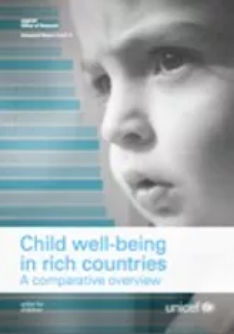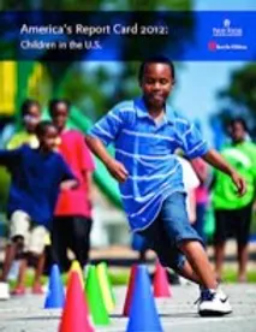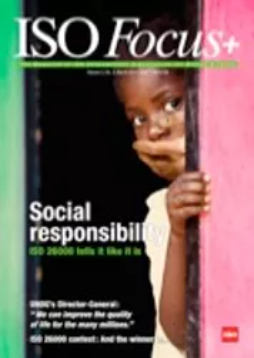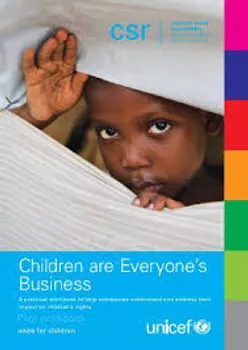
RECENT DATA INDICATES THE UNITED STATES IS NOT DOING AS WELL AS WE COULD FOR OUR CHILDREN
In April 2013, the United Nations Childrens Fund (UNICEF) released Report 11: Child well-being in rich countries: A comparative overview. Report 11 is an update and refinement of a similar report issued in 2007; 30 developed countries are ranked on five dimensions using 26 indicators of children’s well being. Countries with the lowest ranks (1-10) are performing significantly better than those with higher rankings (21-30). Here is a summary of US performance:

OTHER EXPERTS HAVE HIGHLIGHTED SIMILAR CONCERNS
"A majority of American voters believe, for the first time in history, the lives of children have become worse over the last ten last years. And they expect this generation will be the first to fare worse than their parents. They are right. Today, 22 percent of our children live in poverty. The U.S has the second worst infant mortality rate among industrialized nations. And American children lag behind international students in reading and math proficiency at all grade levels""
America's Report Card 2012: Children in the US, commissioned former Senator Chris Dodd and Senator Bob Casey and produced by First Focus and Save the Children


FRAMEWORKS FOR INTERVENTION HAVE BEEN DEVELOPED, BUT ADOPTION AND APPLICATIONS LIMITED
In November 2010 after a ten year effort by representatives of industry, government, labour, consumers, nongovernmental organizations and others, the International Standards Organization (ISO), launched ISO 2600, a ‘standards framework’ for social responsibility (SR). ISO 2600 is not a standard for any type of certification, but provides a common understanding on what SR means and the SR issues that organizations need to address, provides guidance on translating principles into effective actions and creates the context for refining best practices that have already evolved and disseminate the information worldwide for the good of the international community. Citizenship for Children seeks to follow the guidance provided by ISO 2600 in its efforts to operationalize developmental responsibility in society-at-large.
In 2012, the United Nations Childrens Fund (UNICEF), coming off the success associated with the development and dissemination of the 1989 Convention on the Rights of the Child, the most widely ratified UN human right treaty, and an associated 2011 Guiding Principles on Business and Human Rights, released a workbook Children are Everyone’s Business: A practical workbook to help companies understand and address their impact on children’s rights. An extraordinary work product, the workbook provides a practical framework for businesses who wish to consider children’s rights within the context of their business operations, but it does not spell out specific standards for ‘child impact’ beyond high order human rights issues; we see an important opportunity to extend corporate responsibility to its developmental impacts in the United States and other developed countries.


